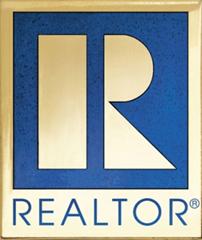













We look forward to assisting you and providing more
Information or answering any questions you may have. Please feel free to contact us at
Copyright © 2002-2016 American Organization of Companies LLC, All Rights Reserved
How-To Guide: Buying Your First Home
Step 9: Closing
Go to any local courthouse and you can find property records detailing real estate ownership in your community -- sometimes records that date back hundreds of years.
These records are important because they provide today's owners with proof that they have good, marketable and insurable title to the property they are selling. Equally important, such records enable buyers to provide proof of ownership when they sell.
The closing process, which in different parts of the country is also known as "settlement" or "escrow," is increasingly computerized and automated. In many cases, buyers and sellers don't need to attend a specific event; signed paperwork can be sent to the closing agent via overnight delivery.
In practice, closings bring together a variety of parties who are part of the "transaction" process. For example, while the history of property ownership has been checked, it's possible that the records contain errors, unrecorded claims or flaws in the review itself, thus title insurance is necessary.
At closing, transfer taxes must be paid and other claims must also be settled (including closing costs, legal fees and adjustments). In most transactions, the closing agent also completes the paperwork needed to record the loan.
What to expect
Settlement is a brief process where all of the necessary paperwork needed to complete the transaction is signed. Closing is typically held in an office setting, sometimes with both buyer and seller at the same table, sometimes with each party completing their papers separately.
Whatever the case, the result is that title to the property is transferred from seller to buyer. The buyer receives the keys and the seller receives payment for the home.
From the amount credited to the seller, the closing agent subtracts money to pay off the existing mortgage and other transaction costs.
Deeds, loan papers, and other documents are prepared, signed and filed with local property record offices.
What you need to do
One of the best parts of settlement is that buyers and sellers need to do very little.
Before closing, buyers typically have a final opportunity to walk through the property to assure that its condition has not materially changed since the sale agreement was signed.
At closing itself, all papers have been prepared by closing agents, title companies, lenders and lawyers. This paperwork reflects the sale agreement and allows all parties to the transaction to verify their interests.
For instance, buyers get the title to the property, lenders have their loans recorded in the public records and state governments collect their transfer taxes.
RESIDENTIAL
RESIDENTIAL - Tools & Tips

